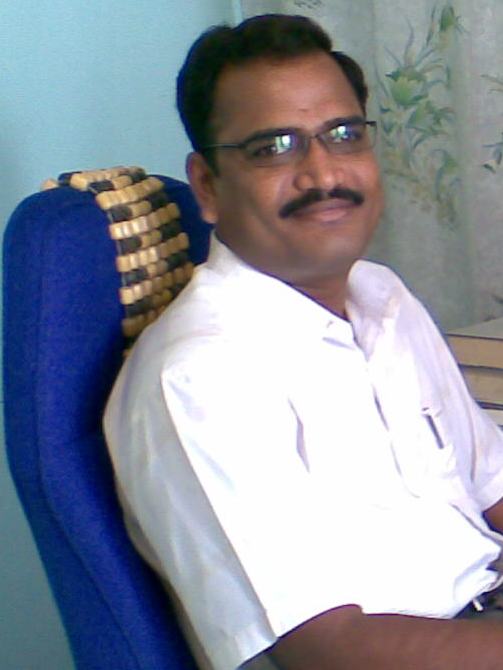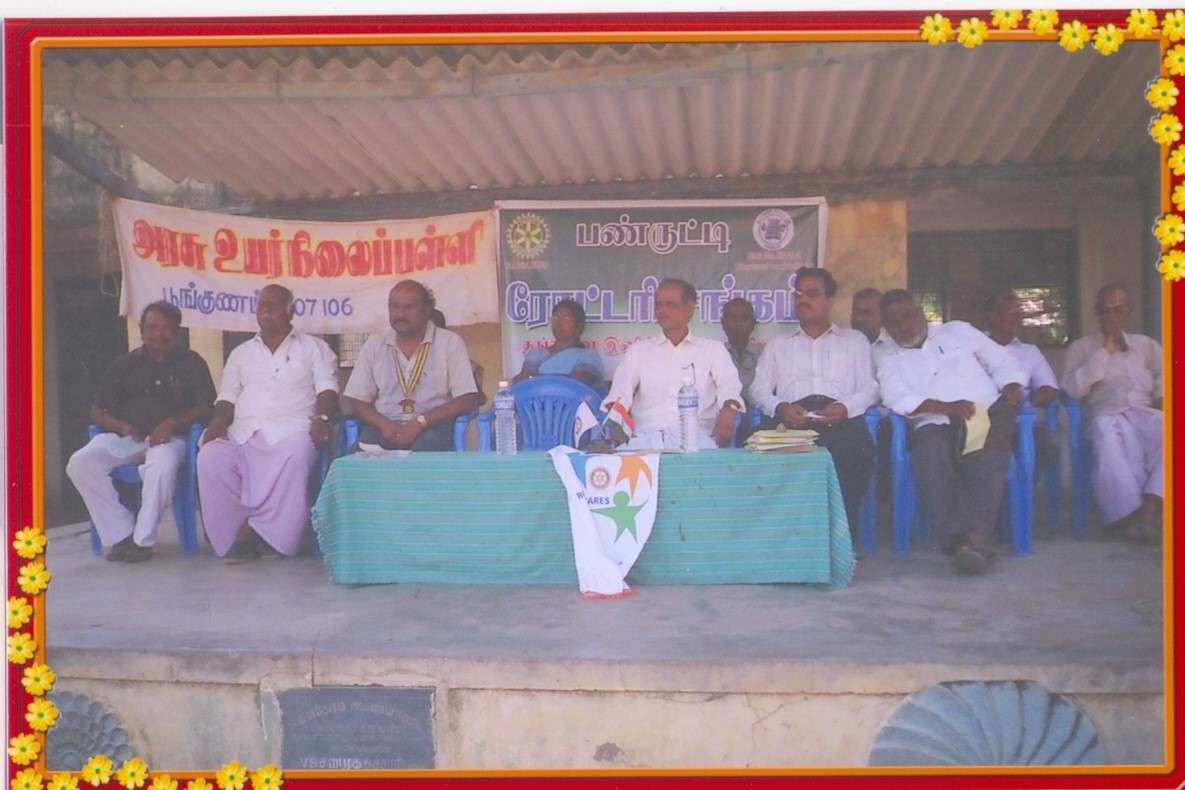Stress affects virtually everyone at some time in their life. As well as the emotional and psychological disruption it causes, stress-related medical problems are becoming increasingly common. In the modern world, we all need to learn how to cope with stress.
What is stress?
The body has an inbuilt physical response to stressful situations. Faced with pressure, challenge or danger, we need to react quickly, and our bodies release hormones such as cortisol and adrenaline to help us do this. These hormones are part of the "fight or flight" response and affect the metabolic rate, heart rate and blood pressure, resulting in a heightened - or stressed - state that prepares the body for optimum performance in dealing with a stressful situation.
Very often, modern stresses do not call for either fight or flight. Nevertheless, the same stressing hormones are released as part of the reaction and this natural reaction to challenge or danger, instead of helping, can damage health and reduce the ability to cope.
What causes stress?
Many things (or the anticipation of them) can lead to stress:
1. pressure to perform at work, at school or in sports
2. threats of physical violence
3· money worries
4· arguments
5· family conflicts
6· divorce
7· bereavement
8· unemployment
9· moving house
10· Alcohol or drug abuse.
Sometimes, there is no particular reason for developing stress, or it arises out of a series of minor irritations.
Who gets stressed?
The list above shows that everyone is at risk of being stressed, since it can be caused by a range of commonplace situations. However, people have very different mental responses to the body's natural reaction to a stressful situation. For some it can be an essential stimulus, helping motivate them to achieve more. In others it causes an adverse reaction, causing a sense of not being able to cope and demotivation.
It is important to differentiate between temporary stress that you know will go away when a situation is resolved, and long-term or chronic stress. Most people can cope with short periods of stress, and it can often be relieved by relaxing, taking a walk, chatting through issues with friends, or having a good night's sleep. Chronic (long-term, continuous) stress is much harder to deal with, and can be psychologically and emotionally damaging, both for an individual and for friends and family.
The symptoms of stress
Everyone reacts to stress differently, but there are some common effects that help us recognise it. In times of extreme stress, people may shake uncontrollably, hyperventilate (breathe faster and deeper than normal) or even vomit. For people with asthma, stress can trigger an attack. People who are chronically stressed are also susceptible to any of the following:
1· periods of irritability or anger
2· apathy or depression
3· constant anxiety
4· irrational behavior
5· loss of appetite
6· comfort eating
7· lack of concentration
8· loss of sex-drive
9· increased smoking, drinking or recreational drug-taking.
There can also be physical effects, which may include the following:
10· excessive tiredness
11· skin problems
12· aches and pains resulting from tense muscles, including neckache, backache and tension headaches
13· increased pain from arthritis and other conditions
14· heart palpitations
15· hyper acidity
16· hypertension
17· diabetes
18· for women, missed periods.
Post-traumatic stress
Post-traumatic stress can affect anyone who has been through an extremely difficult or violent experience, such as witnessing a violent death or disaster, being involved in a serious car crash or surviving a fire.
People suffering from post-traumatic stress may experience any of the symptoms listed opposite. They may also feel a mixture of emotions such as fear, shame, depression, guilt or anger, and recurrent memories or images that may be haunting or lead to nightmares. These feelings can last for weeks, months or even years after the traumatic event that triggered them. Specialist treatment, possibly with medicines and psychological therapies, is available.
When to see a Psychologist
If stress is causing physical symptoms, severe distress or making it difficult for you to function as normal, it is worth seeing the doctor. Even if in doubt it is better to take a medical opinion or counseling.
It is important to remember that although stress is a usual part of life, extreme or prolonged stress can lead to other illnesses that will need treatment, so it is better to visit a doctor sooner rather than later. Stress has been linked to the development of high blood pressure and heart disease, as well as insomnia and depression, for example.
There is no diagnostic test for stress since everyone reacts to it differently, but a doctor will be able to spot the physical symptoms, and should ask pertinent questions to identify any underlying problems that might be the cause. In case there are physical reasons for the symptoms, the doctor may also want to do some tests to exclude certain conditions.
Tackling stress
If you feel that you are suffering from stress, try to identify the aspects of your life that are causing it. Sometimes you may not be able to change or avoid them, but at other times simple lifestyle changes can make all the difference.
There are several strategies that can help you deal with stress:
1· delegating or sharing your responsibilities at work
2· avoiding confrontation with difficult colleagues
3· learning to be more assertive
4· taking regular exercise
5· not using drink or drugs to cope
6· eating a healthy, balanced diet, rich in fruit and vegetables
7· finding humour or absurdity in stressful situations
8· never taking on more than you know you can cope with
9· organising your time better to get as much done as possible
10· talking to friends or family, and sharing your thoughts and fears
11· talking up an interesting hobby
12· listening to music or relaxation tapes
13· having pets
14· Tensing and then relaxing your muscles, starting at the toes and working up to the head and neck.
If you think that you would benefit from help, either in identifying the things that are causing your stress, or in learning techniques to help you relax, talk to your doctor about this. They can give you professional help in these areas.
Medicines
Only in exceptional circumstances is your doctor likely to prescribe medication to help you cope with stress, although some types of anxiety can be treated with antidepressants.
Tranquilizing drugs are not suitable for treating stress because they can cause addiction after only a few weeks of taking them.
Rather than relying on medicine, it is usually far better to try and identify the things in your life that are causing stress and try to deal with them.
Other treatments
There are many stress management techniques in the form of counselling, psychotherapy and hypnotherapy. Complementary approaches include aromatherapy and reflexology and these may, if nothing else provides a quiet, relaxed environment in which to wind down. Meditation can help relaxation, and practising yoga may help to relieve muscle pains and help to control breathing in stressful situations.
How will stress management help?
The aim of stress management is to help you balance the various aspects of your life - your work, your relationships and your leisure - and to balance the physical, intellectual and emotional aspects of life. People who effectively manage stress consider life a challenge rather than a series of irritations and feel they have control over their lives, even in the face of setbacks.





.jpg)